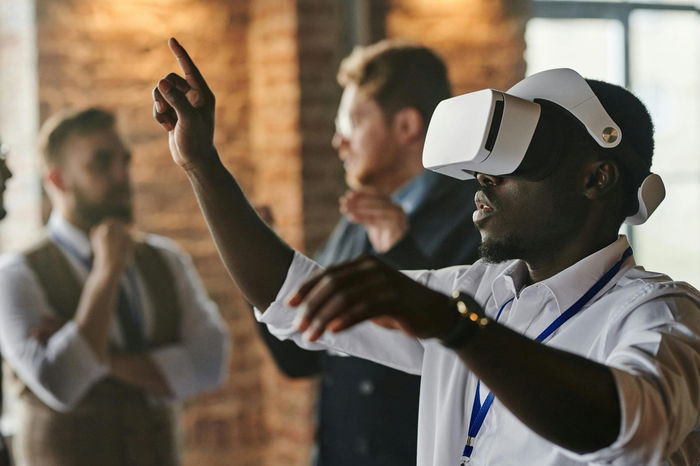Introduction
The metaverse, with its promise of fully engaged entertainment, gaming, and communication, has captured the world’s imagination. But we want people to dream even bigger.
At Jobs for the Future (JFF), we envision a world in which learners and workers gain huge benefits from extended reality (XR) technology. We’ve spent several years on the ground in many communities across the United States deploying and testing the metaverse’s underlying technologies and use cases. We’ve seen firsthand how XR, which includes VR, augmented reality (AR), and mixed reality (MR), can enhance education and training outcomes, whether it’s in a community college classroom or on a job site. But although XR technology and its benefits for workers and learners are being validated every day, the technology has rarely been deployed in classrooms and workplaces beyond those of early adopters, such as Fortune 500 companies.
Scaling XR technology across the economy and fully realizing the impact on small businesses’ workers will take cooperation, collaboration, and capital from a wide variety of stakeholders across local, regional, and national ecosystems. In this report, we share action items for communities that include small businesses, support organizations, XR solution providers, and policymakers.



